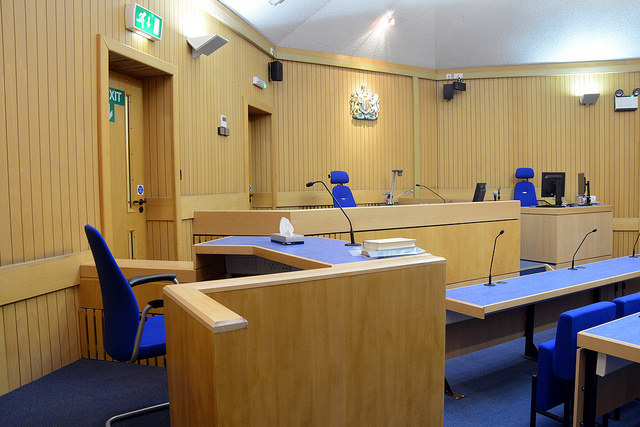Article by Daniel A. Levy, Esq.
In all types of cases – criminal, civil, family – when it comes time for trial there may be situation where one of the parties wants to call a minor child as a witness to testify. It is not extremely common, but it does happen more often than most people imagine, especially in the family courts. In fact, in many of my divorce and related family court cases my clients regularly ask if they can bring their child to court to testify. Additionally, if a child is hurt, and a lawsuit for personal injuries is filed on their behalf, the injured child will ultimately be called to testify at either a hearing to approve a settlement (called a Friendly Hearing) or a trial. But regardless of the type of case, the rules in New Jersey for minors testifying in court are the same.
This issue was recently raised in the Supreme Court case of State v. Bueso. In that case, the victim of a crime was only 7 years old and the alleged attacker was being prosecuted. Obviously, the prosecutor wanted the child to testify against the defendant. The jury ultimately convicted the defendant and he appealed, arguing that the judge did not properly evaluate whether the child was competent to testify. Although the Appellate Division held that the conviction should be overturned, the Supreme Court disagreed, holding that the manner in which the hearing was conducted was consistent with NJ law.
We are reminded from this case about the general procedures that a court follows when evaluating competency. Evidence Rule 601 states that “every person is competent to be a witness unless (a) the judge finds that the proposed witness is incapable of expression concerning the matter so as to be understood by the judge and jury either directly or through interpretation, or (b) the proposed witness is incapable of understanding the duty of a witness to tell the truth, or (c) except as otherwise provided by these rules or by law.”
In practice, this means that the judge would conduct a special hearing to determine whether a child understands what is happening, what it means to tell the truth vs. a lie, and what it means to be punished for perjury. Traditionally, the judge would ask the child specific questions to make this determination, but the court in Bueso held that it is OK if someone else (like the prosecutor) asks some of the questions.
Finally, there is an additional limitation that arises in family court cases. Frequently, when there is a dispute between parents they are ordered not to discuss the litigation with their children. Therefore, it would be a violation of such an order if one of the parents gets access to the child and has them testify against the other parent. Additionally, most judges are loath to allow a child to testify against a parent because they recognize that it is generally against the child’s best interests to testify against a parent.



